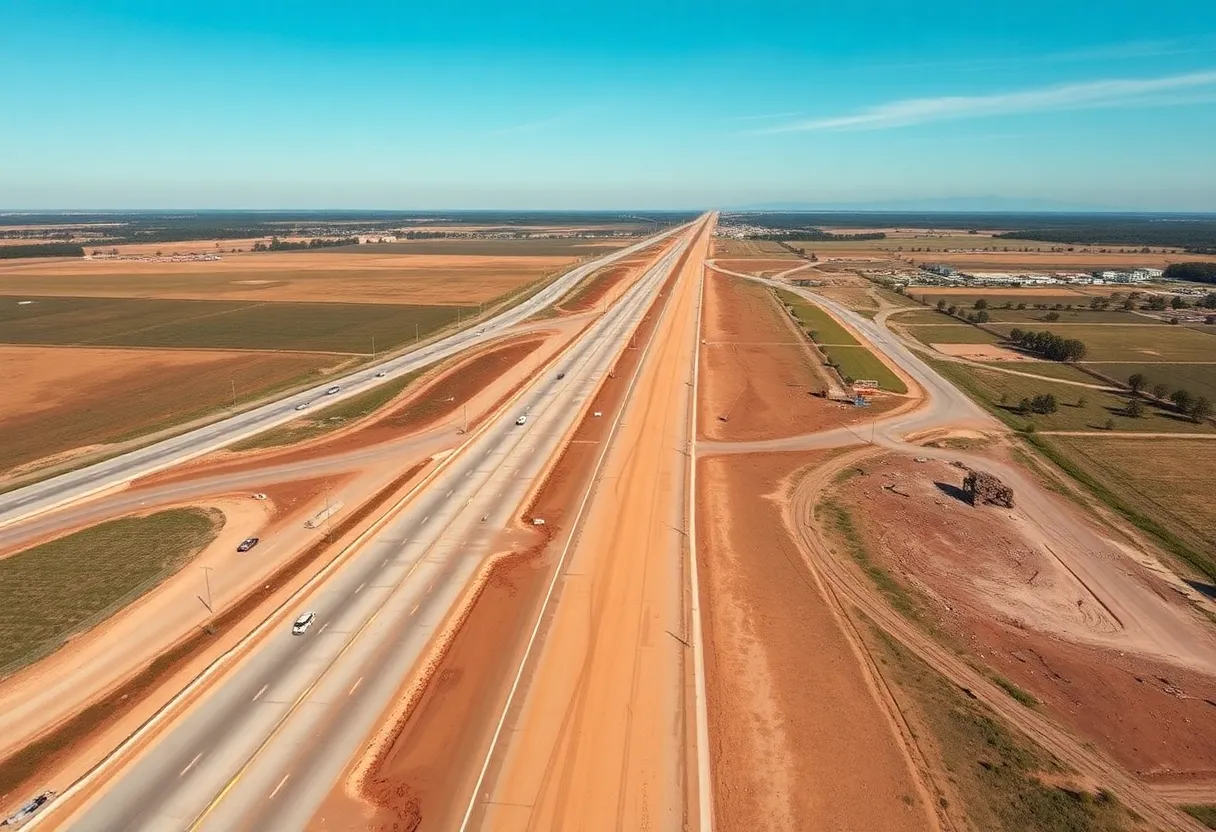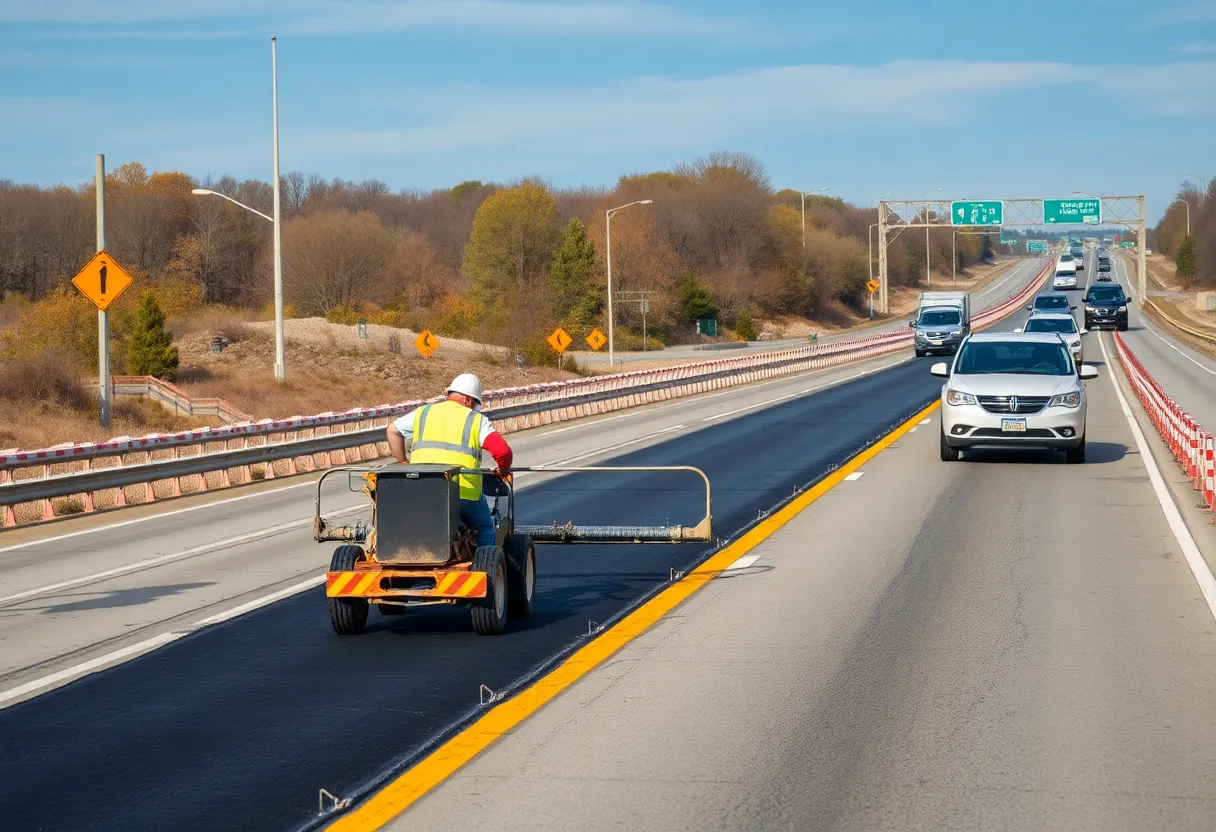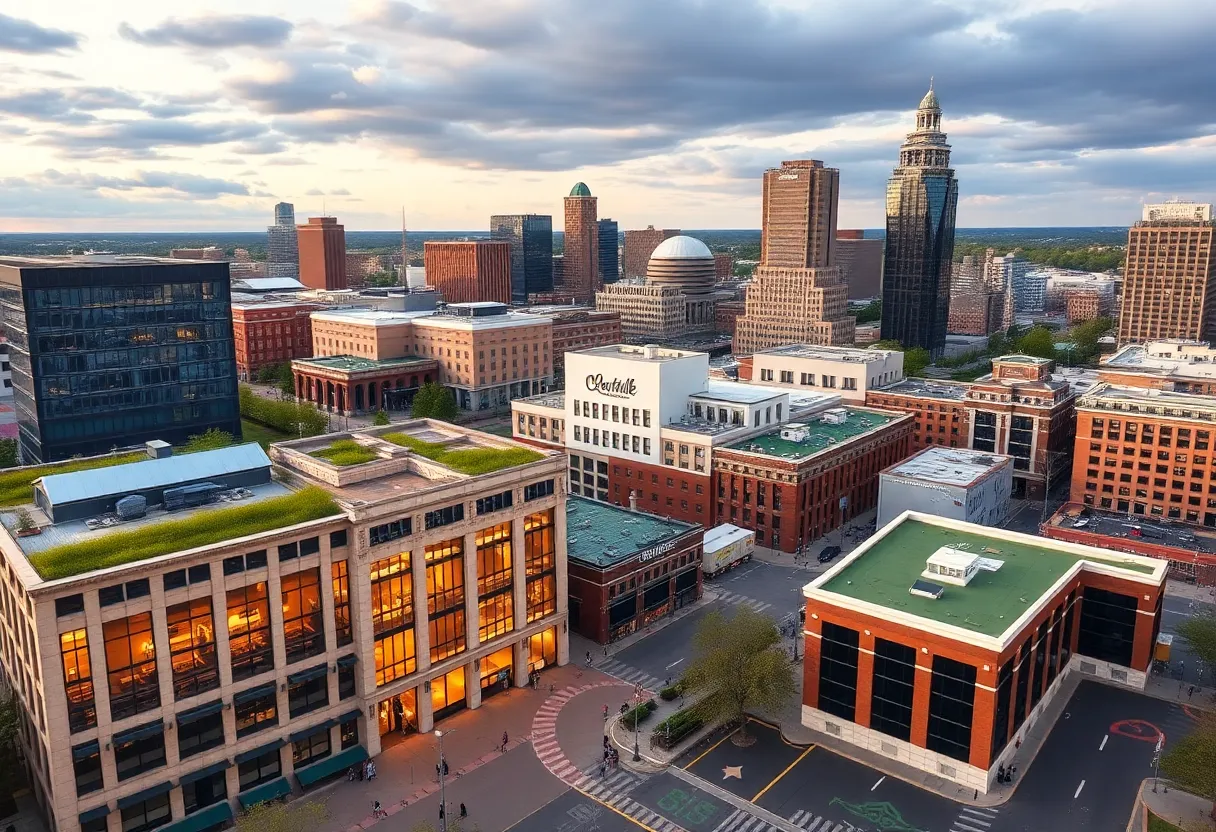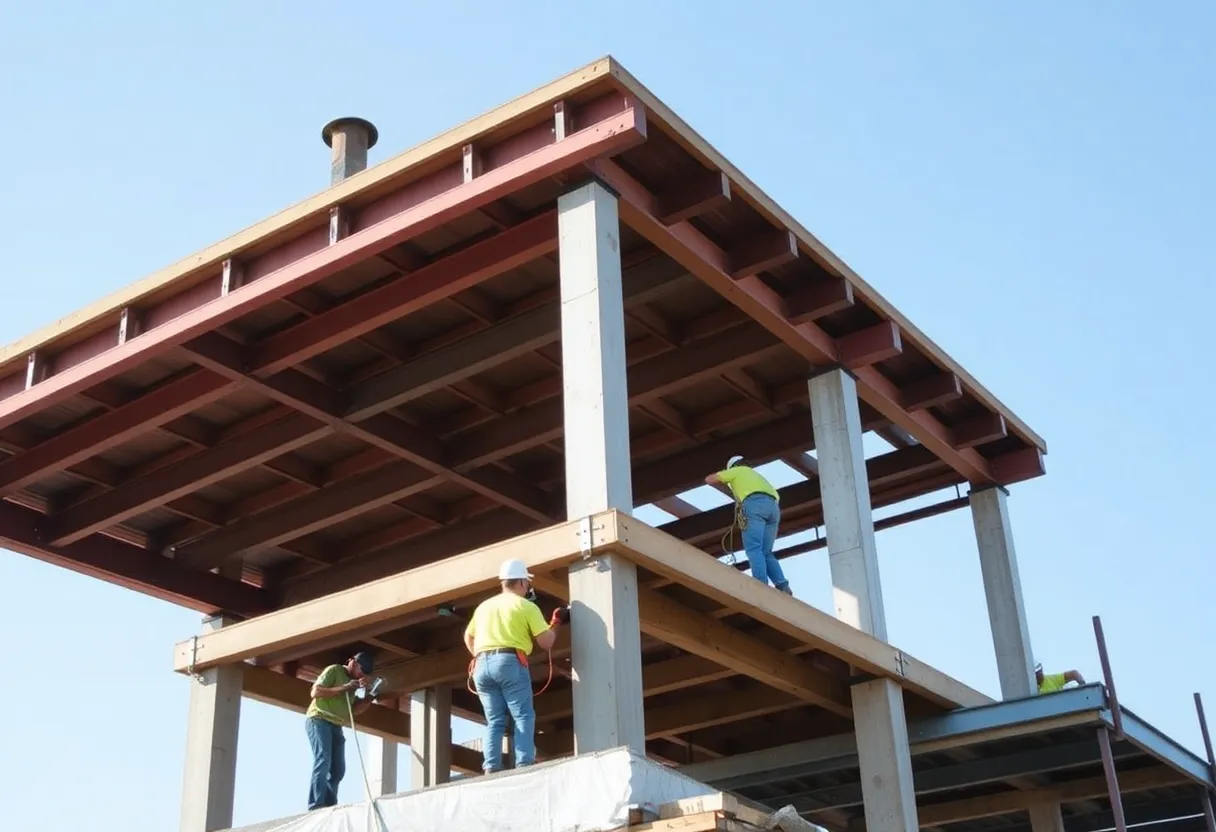News Summary
Tampa’s Interstate 75 expansion has reached its final phase, aiming to alleviate traffic congestion for 150,000 daily commuters. The 20-mile extension, costing $1.2 billion, will connect Tampa to Sarasota and is set for completion by mid-2027. With 800 workers on-site, advanced surveying drones are enhancing construction efficiency. Environmental measures, such as wildlife corridors, are being implemented to reduce ecological impacts. Economists predict a 3% regional GDP rise from improved accessibility, supporting local economies and tourism. Florida’s infrastructure upgrade highlights a commitment to sustainable development.
Tampa: Interstate 75 Expansion Enters Final Phase
In Tampa, Florida, the expansion of Interstate 75 has advanced to its final phase, marking a significant step forward in improving regional transportation. State Department of Transportation officials have confirmed that this 20-mile extension aims to alleviate traffic congestion for approximately 150,000 daily commuters. The project, now underway with an estimated cost of $1.2 billion, is projected to be completed by mid-2027.
Leading the effort is contractor Bechtel, which has deployed 800 workers to the site. Advanced drones are being utilized for efficient surveying, helping to streamline construction processes and enhance accuracy. This phase focuses on adding new lanes that will connect Tampa to Sarasota, promising to boost tourism and overall regional connectivity.
Environmental considerations are a key aspect of the project. Eco-conscious measures, such as the implementation of wildlife corridors, have been emphasized to minimize ecological impact. While protesters have raised concerns about potential encroachment on wetlands, impact studies indicate that disruption will be minimal, ensuring a balance between development and preservation.
The expansion includes modern toll systems integrated with smart technology, designed for dynamic peak-hour pricing to manage traffic flow effectively. Economists forecast that this infrastructure upgrade could lead to a 3% rise in regional GDP upon completion, driven by improved accessibility and economic activity. Local suppliers have noted increased demand for materials like concrete and steel, though this comes amid rising costs in the industry.
Background on the project highlights its role in addressing long-standing transportation challenges in Florida. The Interstate 75 corridor has experienced growing congestion due to population increases and tourism demands. By extending the highway, officials aim to enhance safety, reduce travel times, and support economic growth in the area. This initiative aligns with broader state efforts to modernize infrastructure while incorporating sustainable practices.
The timeline for the project began with initial planning years ago, but the final phase kickoff on October 9, 2025, represents a pivotal milestone. With investments in technology and workforce, the expansion is expected to set a standard for future infrastructure projects in the state, promoting efficiency and environmental responsibility.
This development underscores Florida’s commitment to upgrading its transportation network, potentially serving as a model for similar endeavors nationwide. As construction progresses, ongoing monitoring will ensure that the project meets its goals without compromising community or environmental needs.
Further details reveal that the 20-mile extension involves widening existing lanes and adding new ones, which will help accommodate the high volume of traffic. Daily commuters, numbering around 150,000, stand to benefit from shorter commute times and reduced congestion-related delays. The use of drones for surveying not only speeds up the process but also allows for real-time data collection, minimizing errors and enhancing safety for workers.
In terms of economic implications, the anticipated 3% rise in regional GDP is based on projections that factor in increased business activity and tourism. The connection between Tampa and Sarasota is expected to facilitate easier access to attractions, potentially drawing more visitors and supporting local economies. Meanwhile, the integration of smart toll systems will use data analytics to adjust prices dynamically, encouraging off-peak travel and optimizing road usage.
Addressing potential challenges, the project’s eco-conscious measures include wildlife corridors designed to protect local habitats, demonstrating a proactive approach to sustainability. Despite protests regarding wetlands, comprehensive impact studies have confirmed that the expansion will cause only minimal disruption, with mitigation strategies in place. Local suppliers are ramping up production of concrete and steel to meet demands, though they face pressures from fluctuating material costs.
Overall, this expansion is a comprehensive effort to modernize Florida’s infrastructure, blending innovation, economic benefits, and environmental stewardship. As the project moves toward completion in mid-2027, it promises to deliver lasting improvements for the community.
FAQ Section
- Q: When did Florida’s Interstate 75 expansion near Tampa enter its final phase?
A: Florida’s Interstate 75 expansion near Tampa entered its final phase on October 9, 2025. - Q: How many daily commuters will the 20-mile extension ease congestion for?
A: State DOT officials confirm the 20-mile extension will ease congestion for 150,000 daily commuters. - Q: How many workers has contractor Bechtel mobilized?
A: Contractor Bechtel has mobilized 800 workers. - Q: What technology is being used for surveying?
A: Contractor Bechtel has mobilized 800 workers, using advanced drones for surveying. - Q: What is the expected finish date and cost of the project?
A: Expected finish date is mid-2027, costing $1.2 billion. - Q: What eco-conscious measures have been highlighted?
A: Governor Ron DeSantis highlighted eco-conscious measures, including wildlife corridors. - Q: What do protesters argue against?
A: Protesters argue against encroaching wetlands. - Q: What do impact studies show?
A: Impact studies show minimal disruption. - Q: What will the new lanes connect?
A: New lanes will connect Tampa to Sarasota. - Q: How will the toll systems work?
A: Toll systems integrated with smart technology for peak-hour pricing. - Q: What economic impact is predicted?
A: Economists predict a 3% rise in regional GDP post-completion. - Q: What have local suppliers reported?
A: Local suppliers report increased demand for concrete and steel supplies amid rising material costs.
Key Features Chart
| Feature | Details |
|---|





